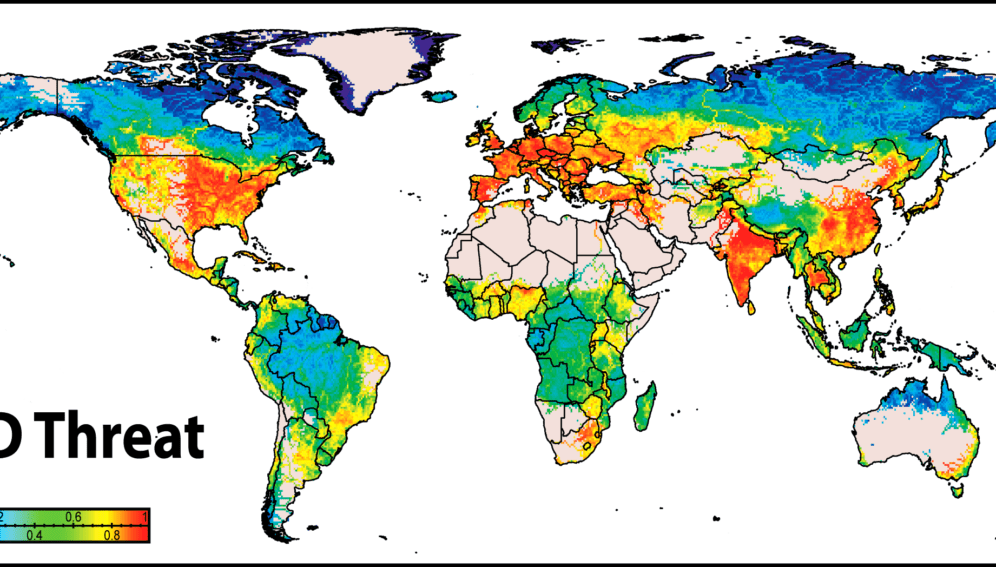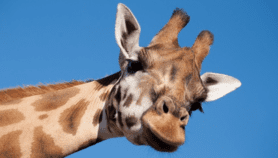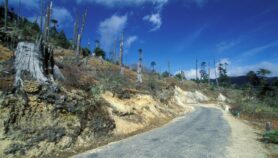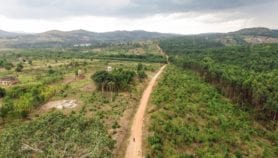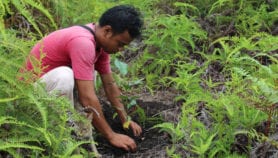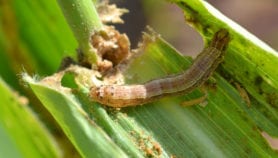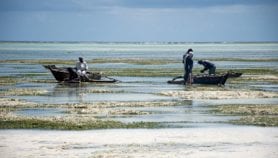By: Bernard Appiah
Send to a friend
The details you provide on this page will not be used to send unsolicited email, and will not be sold to a 3rd party. See privacy policy.
Economic development can lead to increased biodiversity restoration in Sub-Saharan Africa, on a similar scale to its loss due to development, according to a study.
Biodiversity loss is one of the important environmental threats that humanity faces, the study says, and it disproportionately harms the world's poorest people, who are less able to adjust to it, as they have limited access to alternatives then using natural resources for livelihoods.
Previous studies for both developed and developing countries have shown that increased economic development initially leads to loss in biodiversity and later to decreased loss — but not at a level that restores the earlier biodiversity loss.
They used country-level data from 48 Sub-Saharan African countries on gross domestic product adjusted for differences in cost of living as an indicator of development and the percentage of threatened species of mammals and birds, to measure biodiversity loss.Yet the relationship between economic development and biodiversity remains largely untested in Sub-Saharan Africa as it has been overlooked in the literature, say the researchers from the Center for International Development Research and Studies (CERDI), in France.
Using a modelling technique that considers factors including the proximity to neighbouring countries, a country's population density, and agricultural land area, they analysed the relationship between the GDP and biodiversity loss over a 20-year period, from 1992 to 2011.
They found that the conservation of birds, but not mammals, increased as incomes rose.
Conservation of birds tends to be easier, they say in a CERDI working paper, which may explain the difference.
Ariane Manuela Amin, lead author of the study, tells SciDev.Net the findings suggest that development and conservation are not strictly separate policy realms, even in the context of underdevelopment in Sub-Saharan Africa.
But she adds they do not advocate promoting development without also looking at conservation needs.
Lameed Gbolagade Stephen Akeem, associate professor in the department of wildlife and fisheries management at the University of Ibadan, Nigeria, says: "Conservation of biodiversity and a country's economic development are interconnected and complex, but African countries need to pursue both to enrich species and to ensure that poverty does not force people to hunt animals and destroy ecosystems".
He urges African governments and communities to promote and abide by cultural practices that recognise some forests and rivers as sacred places, in order to help sustain biodiversity.
Philip Mulama Nyangweso, the East and Central African representative of the African Association of Agricultural Economists, and a senior lecturer at Moi University, Kenya, cautions: "African leaders and communities need to put mechanisms in place to ensure that as we grow our economies, we don't ruin the environment".
He cites the progress being made by some countries, such as Kenya, in designing policies that consider the environmental impact, including threats to biodiversity, in development projects.
This article has been produced by SciDev.Net's Sub-Saharan Africa news desk.


